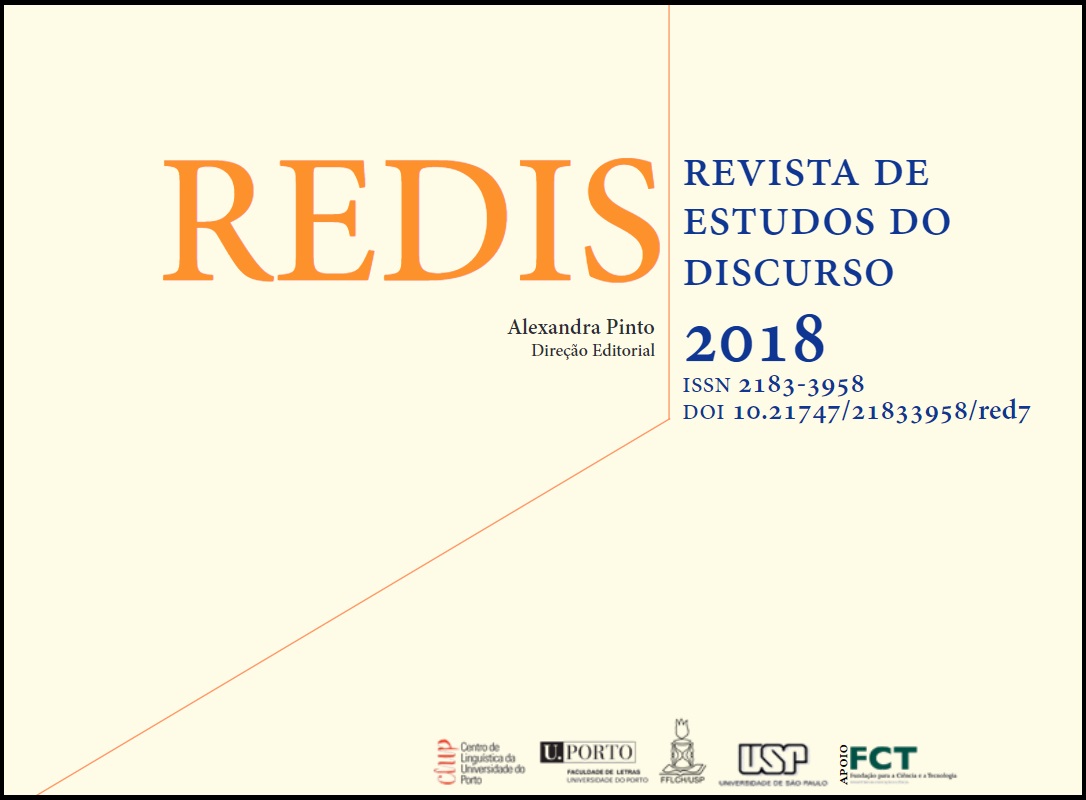A linguagem jurídica. Contributos para uma caracterização dos Códigos Legais
Resumo
O Direito constitui um domínio heterogéneo, no qual sobrassem diferentes textos e múltiplos discursos, provenientes de diferentes autores, dirigidos a destinatários diversos, em contextos muito diferenciados. A designação genérica de ‘linguagem jurídica’ subsume, portanto, distintas linguagens do Direito, linguagens cuja especificidade, complexidade e inter-relação só recentemente têm atraído os investigadores. Partindo das noções de ‘registo’ e de ‘género’, o presente trabalho ensaia uma possível definição do conceito de linguagem jurídica e caracteriza um género jurídico particular: o Código Civil e o Código Penal em vigor no ordenamento jurídico português, passando em revista alguns dos traços lexicais, morfológicos, sintático-semânticos e textuais que neste género se evidenciam. A análise deste género textual permite verificar de que modo a estruturação interna destes textos reflete os propósitos comunicativos e os objetivos organizacionais da comunidade profissional que os utiliza. Este estudo contribui também para a discussão em torno dos diferentes géneros jurídicos.
Downloads
Publicado
Como Citar
Edição
Secção
Licença
Os autores cedem à REDIS: Revista de Estudos do Discurso, o direito exclusivo de publicação dos seus textos, sob qualquer meio, incluindo a sua reprodução e venda em suporte papel ou digital, bem como a sua disponibilização em regime de livre acesso em bases de dados.




